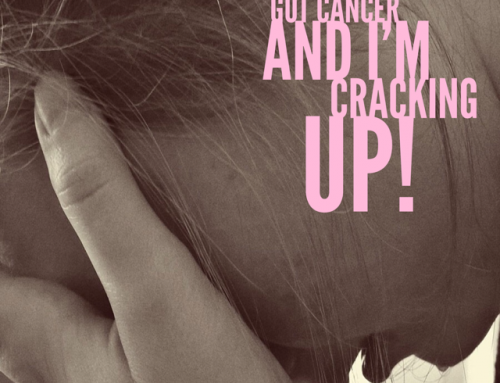Pain is awful – any kind! But, I think emotional pain is the worst kind of agony. When someone has intentionally hurt you the daily torture from that emotional wound can be unbearable. Adding to the pain and confusion are the questions that swirl around in your head. How could God allow this? Why are people so cruel? What did I do wrong?
There is a pathway to healing and it can be found in following some simple steps.
Here are 4 decisions you can make towards the journey of healing:
1. Confront your memories
Memory is a gift from God. But, the ability to deal with hurtful memories is a choice. You can bury painful memories in the far recesses of your mind and hope they never resurface. Or, you can let that memory fester inside of you making you angry and bitter. Alternatively, you can confront those hurtful memories, deal with the pain and move on. The first decision you have to make is to confront the memory, and that can hurt! But it is the first and necessary step in the journey to healing.
2. Remember rightly
This is a phrase coined by theologian Miroslav Volf. He encourages victims of abuse to attempt to walk in the shoes of their perpetrator. Sometimes our memory distorts our image of the person who hurt us, and with time, they become more evil than they were. That is why it is a conscious discipline to remember rightly. Pause and ask yourself a few questions: Was the person who harmed you hurting? What is their story? Was the incident as awful as you recollect? Can you try to look through God’s lens and gain His perspective on the perpetrator and the event?
3. Forgive because you are forgiven
Forgiveness is foundational to the Gospel message. Without the forgiveness of Jesus, I would be a hopeless soul. But, His amazing love and acceptance of me, despite my many sins, has bought me my freedom. I am forgiven! That is one of the most powerful and freeing truths in the Bible. You can never forgive in your own strength. No one has that capacity. You have to look into the bleeding wounds of your Savior and ask Him for His love, His ability and His compassion. Then allow grace to flood your soul and forgive the person who has harmed you.
4. Walk in forgiveness
Do not expect to feel all fuzzy and warm once you have made the decision to forgive. And do not anticipate that you will suddenly be filled with love for the person that hurt you. Naïveté is not helpful at this point. The journey is not over! There could still be a battle in your mind. At night, you might remember the painful words, the tongue-lashing and abuse, and you may be tempted to think that you have not truly forgiven. You have. You made the choice to forgive. Now, you must make a daily, and perhaps at times, an hourly decision to walk in that forgiveness.
I never want to diminish or undermine the agony of emotional abuse and pain. However, I do believe in the amazing power of forgiveness. As you appropriate God’s forgiveness, His healing will follow, the open wound will begin to heal and freedom will follow.
Let go of the past and walk deliberately into your future—it is a beautiful place because Jesus is there!










Carol Alexander’s blog really reminded me once again of how important it is too walk in forgiveness daily. When I was just a new Christian some 30 years ago, I was told that ‘unforgiveness is like drinking poison that is meant for someone else’. At the time I was totally shocked by what was said, but as time went by I realised the lesson to be learnt in this remark. Unforgivness hurts us more than the offender….. I also always remind myself that there are others who are in worse situations than where I find myself and that often the offender isn’t even aware of the hurt that they have caused you.
Blessings to you all
Laura Kirsten
Laura,
You are so right when you say: “often the offender isn’t even aware of the hurt they have caused you.” Yes, forgiveness is the only way to go and when we let go of our hurts there is a bright and wonderful future ahead for us.
Hi Aldyth
Thank you so much for this blog today. I have been wanting to read it all day since I received the email this morning and only had a chance to read it now. Forgiveness is a subject that I find to be churned over and over in some books etc. But this blog really struck with with the point about “remember rightly”, it is so valid and so true…something that I have never actually thought about. I would just like to add to your point on “walking in forgiveness” and say that forgiveness is not a once off thing or event, its an ongoing process and I have to remind myself to forgive some of my offenders on a daily basis for some past hurt.
Thank you
Thank you for this encouragement.